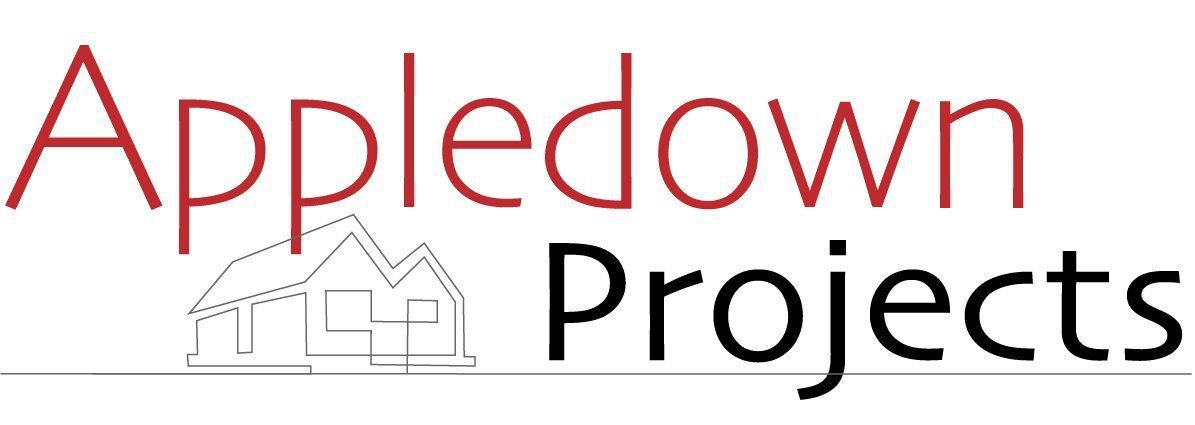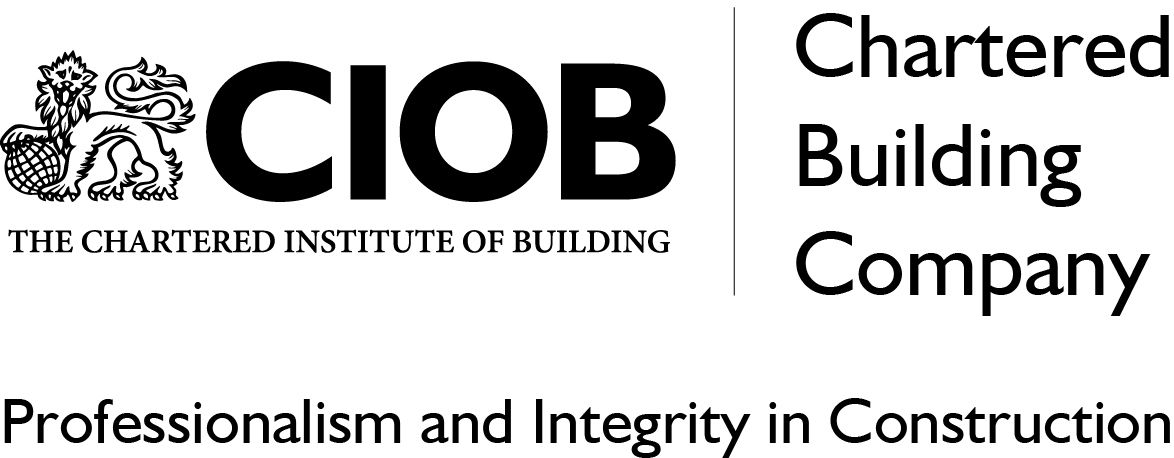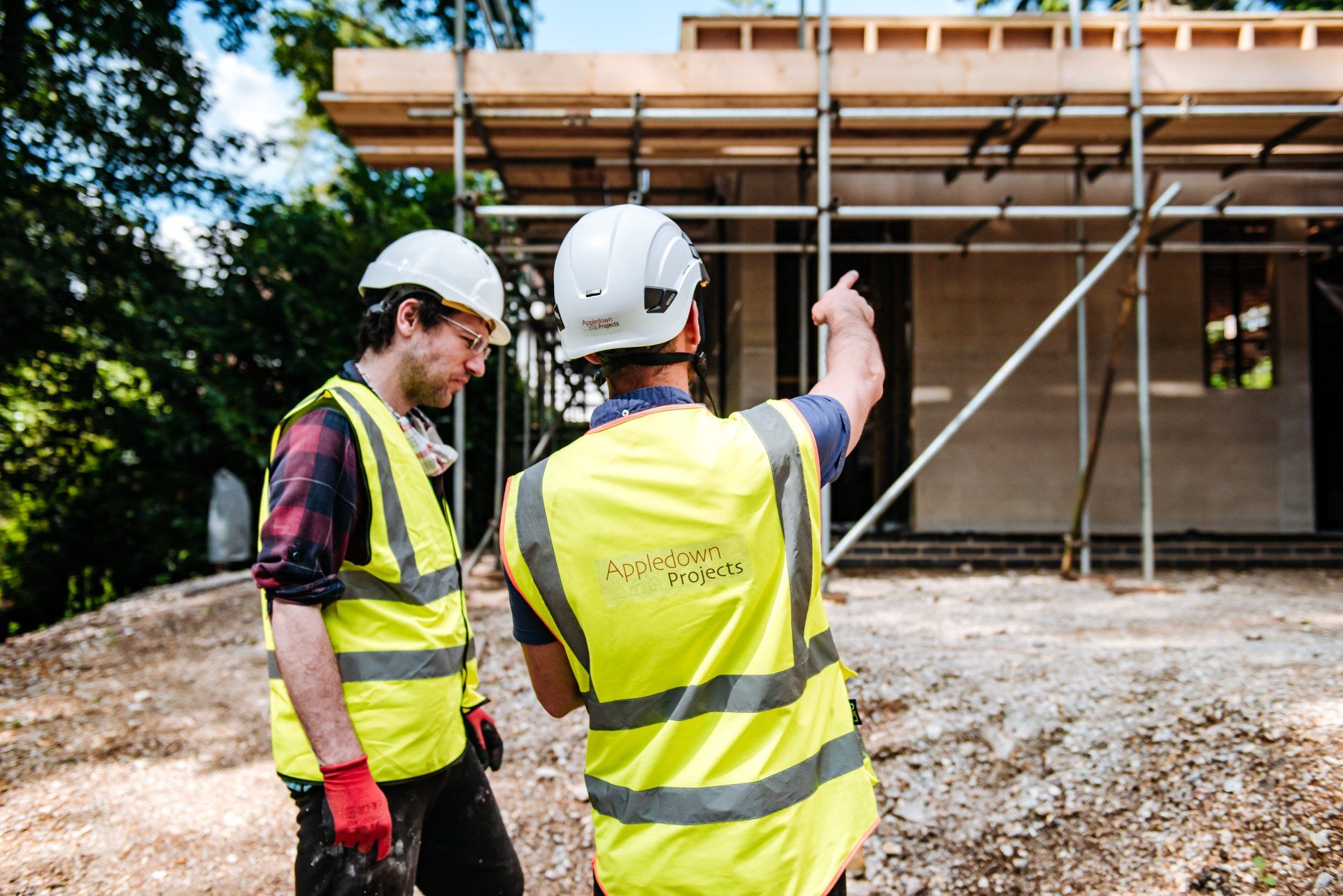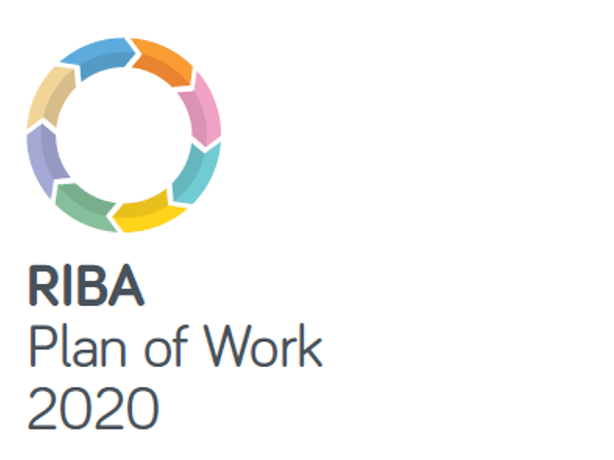by PH957735
•
16 May 2022
Time for some change..? A good mate of mine is a client-side Quantity Surveyor (PQS). We talk a lot about the industry, current trends & challenges etc and recently, having received a suspiciously low-priced tender, he used a phrase which is incredibly relevant to this blog. ‘I’m not in the market for buying a problem’. It’s no secret that the industry is in a strange place. At least for now things are buoyant. A stage full of economists at the UK Construction Week we attended recently maintained that the outlook is good for the sector too. However, there is no escaping the current impact of significant material (and to a slightly lesser extent labour) inflation across the industry which I am seeing and hearing the effects of 1 st hand. So, what am I getting at? For years now the government have discussed the need for change in the industry in many white papers, sighting collaborative approaches, shared risk and therefore transparency as a key area for improvement to build better. With construction cost inflation the way it is, never has there been a more important time for us to sit up and listen, specifically in the bespoke residential market which is key to our business. Progressively more-so, I am regularly approached by clients and industry professionals offering tender opportunities that are completely unviable at the clients’ budget. If only the client had been given/taken the advice to involve a PQS at the early stage of design and spend the (circa) £1500 +vat on a cost plan, allowing design to be developed to their budget and therefore heartbreak (or at least financial panic) avoided post tender. With inherent integrity as a business, Appledown Projects highlight unviability pre-tender and dependent on client response either turn down the opportunity or proceed to submit a tender at a genuine, fully scheduled cost. We are seeing certain (let’s say ‘commercially devious’) contractors or builders taking advantage of this as an opportunity. It’s no secret that many of them have grown accustomed to the weakness offered by poor contract administration in the bespoke residential game, having a tendency to bid to the client’s budget on the basis of multiple assumptions & exclusions and making up profit through variations. As a client it all sounds hunky dory when you get 1 out of the 3 or 4 tenderers willing to build at your budget but this is where the problem starts and it’s time to fully consider your position. To me, and probably your PQS if you have one, this rings alarm bells and you may well be buying a problem. Where this tactic previously worked for the commercially devious of this world, add 30% annual construction cost inflation to the mix on that fixed price contract they just signed and suddenly we are seeing commercially devious contractors going bust or AWOL. Unfortunately, then the client is looking for another contractor to finish the works inevitably incurring project delays, defect rectification costs, procurement costs, inflation costs, risk costs.. and so on in the meantime. I am currently supporting a client with exactly this situation. This stems from the advice clients are receiving early in their projects and I think it’s time for a change. How about we start looking at things differently in these uncertain times. Why is it that the use of a PQS is so rare in the bespoke residential game? Why is it that we involve contractors so late in the design stage of a project when their knowledge and expertise in project costs, lead times, alternative methods and value engineering often comes too late? Maybe to deliver best value to clients in the current market we need to think differently; first lets design to budget by involving a PQS, maybe think about some early contractor involvement (See RIBA Plan of Works Blog), then get the contractor to provide full disclosed pricing schedules & OHP figures (that should weed out those less professional). Finally lets sit down together and carry out some collaborative risk analysis to ensure it’s a job we all walk away from proud of. Realistically it’s a little more resource required up front to ensure a successful project outcome in this tricky market for everyone involved.







